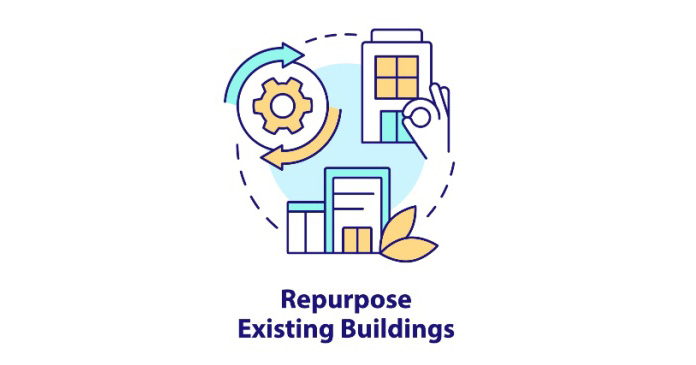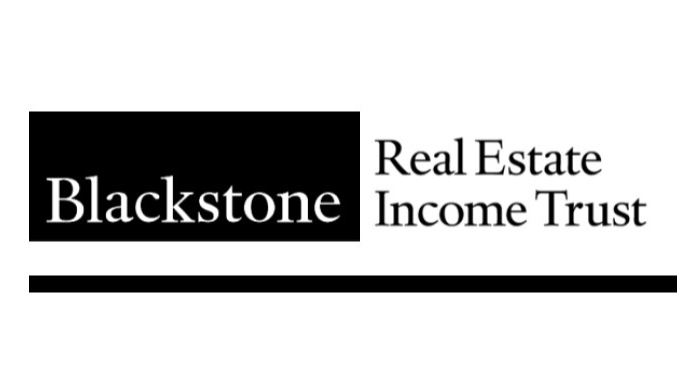And so when I read a study that found that 80 percent of executives believe that their product/service/company stands out against the competition—while only 8 percent of their customers agree, I began to wonder just how much revenue is lost to this disconnect. The psychology of your business, especially in the morphing, splintered world of how we now receive news and cast our views, is changing every part of life. Is your apartment business operating in Realsville or is defaulting to personal bias (yesterday’s spreadsheet) holding you (and your business) back?
I’ve been in my share of marketing meetings where we annually rinse and repeat three topics:
- How are we doing compared to last year?
- What are our immediate threats?
- What are the projections for the year ahead?
Sound familiar?
Let’s face it. It’s a safe exercise. And the resulting incremental improvements are usually enough to satisfy the team, the CEO, and the stakeholders until this time next year.
But like so many other disruptive trends, behavioral economics is beginning to creep into multifamily operations by way of smart systems, utility monitoring, property management software intelligence and more-more-more. Our self-perceptions may no longer get us through. We need to first find a strand of truth (reliable business intelligence) and then abandon our comfort zones for the voice of our market.
Such use of behavioral strategies is generally entering the market like bookends. At one end from the affordable product because of government subsidies and, at the other end, from the high-end, urban product because they have the necessary capital to invest in anticipation of future operational improvements. One day in the not-too-distant future they will meet in the middle. The question is how much revenue will you leave on the way to that point?
Good business strategy is about beating the market. Martin Hirt’s book, Strategy beyond the Hockey Stick, found 10 levers that explain more than 80 percent of the movement in corporate performance. How do you break away from rinse and repeat?
It’s amazing what good, reliable data does in the way of mitigating fear. Strong bets on a few break-out opportunities can better target promising metrics and trends, versus democratically spreading dollars across an organization as though all parts are equally productive. It’s surprising how many organizations operate the latter way.















